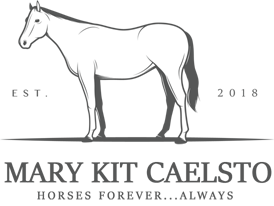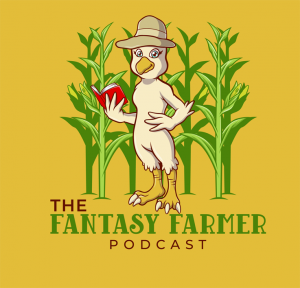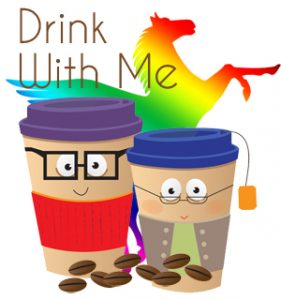When I went into town yesterday for our bi-weekly grocery run, I admit I was worried about finding bacon. Having fried bacon and eggs is a Friday night dinner staple at our house and a husband without bacon is a very sad husband indeed. However, when I called in the feed order to the local store, the usual brand of horse feed was out. It’d be in on the truck that will come in next week, but they didn’t have any in stock. I was able to get a different variation and then blend it with another type of horse feed that I often buy, so by mixing the two pretty much was able to make the original feed, but it made me realize that the supply chain issues with human food will also affect livestock feed as well. Maybe not as much, because a lot of that is bulk and mechanized (someone pushes the buttons to say how much of each ingredient to use, but then it’s mixed in huge drums and put into 50lb bags), but the protein sources, for example, when it comes to cat and dog foods do come from the meat packing industries.
Because my horses are on 24/7 pasture (and are easy keepers, so they don’t really NEED the extra grain) I honestly hadn’t thought much about the livestock feed supply issues that may be happening. And yet, it makes perfect sense. People run the mills and if they’re having health issues and aren’t protected, then they may not be able to take care of the job. We have systemic issues in all of our food chains, people and livestock (and pets!).
In this case, I suspect it most likely was a temporary interruption in either the supply or in demand. Perhaps more people bought horse feed this week than in previous ones. It’s hard to say. But it is something to keep an eye out for, because while I’m buying feed for four very spoiled horses, there are farmers purchasing it for cattle and swine which will then enter our food supply chain.






